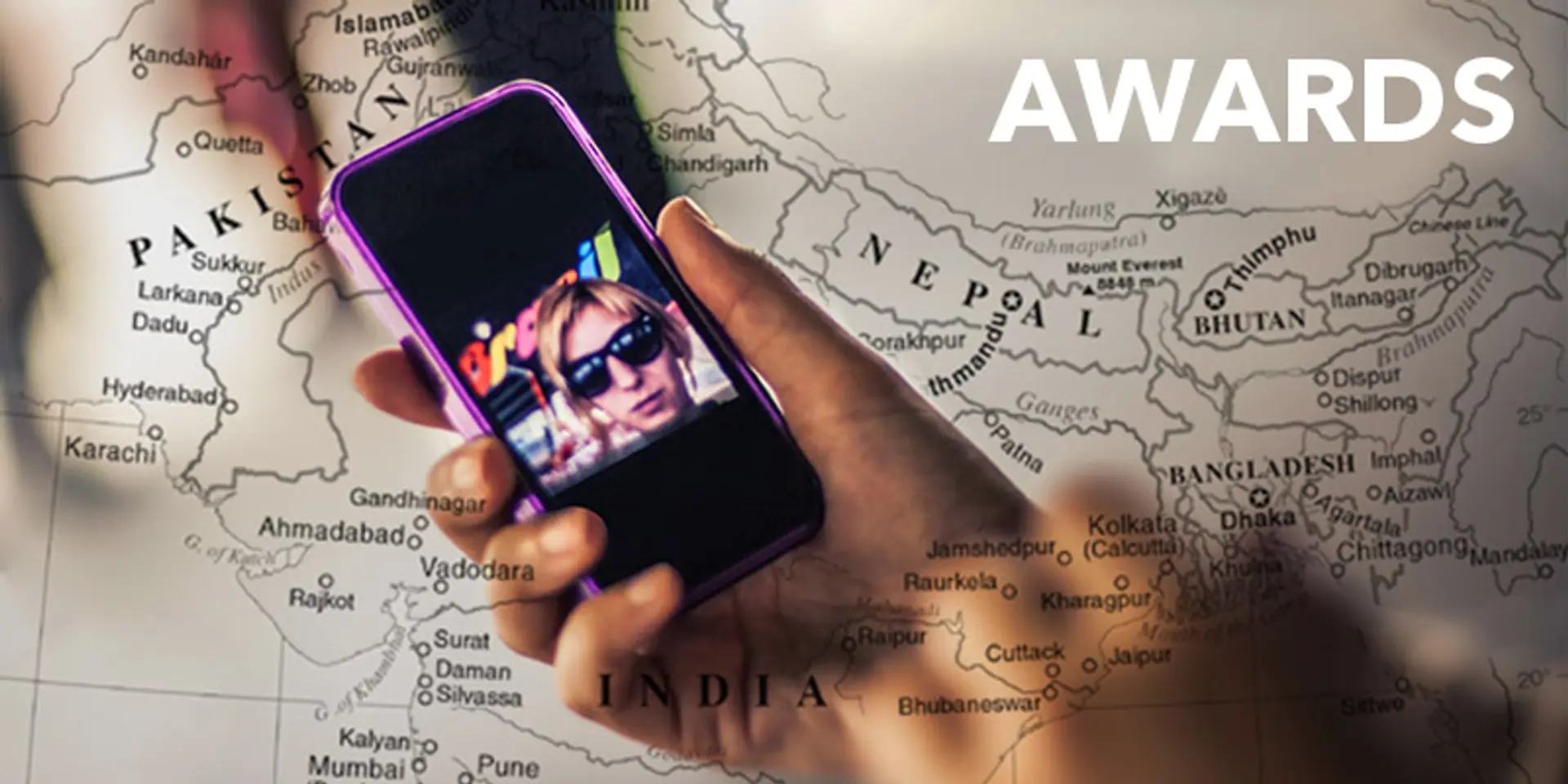mBillionth Mobile South Asia Awards 2014 winners: education and health
In previous posts, we shared profiles of winners in the categories of mobile content and apps for women, mobile governance and inclusion, and mobile business, travel and entertainment from the mBillionth Awards. Each year, the Awards recognise and honour outstanding mobile content and apps from around South Asia. Here are the 2014 jury picks for winners in the categories of mobile education and health.

Mobiles can transform learning in schools, universities and other educational institutions through interactive, personalised and distributed learning resources as well as infrastructure for rural schools. Mobiles can also extend the reach and quality of health care systems, as these profiles show.
Sipsala / Sri Lanka
Young children are now tech savvy and prefer to spend more time on mobile phones and computers in comparison to text books. Sipsala is a mobile educational application that focuses on children in primary and secondary schools in Sri Lanka. It includes content from text books of all subjects from grade one to eleven. It is available in all official languages of Sri Lanka: Sinhala, English and Tamil. Content can also be accessed in offline mode.
URL: www.techsurgeinnovations.com
Jobseekers / India
India has one of the largest youth populations in the world. This puts a continuous pressure on provisioning new livelihood opportunities alongside other necessary skills. Jobseekers is an online resource which aims at advancement of employment opportunities for youngsters in India. Using the mobile app, youth can learn English for employability: improving vocabulary, pronunciation and listening skills. The app also assists its users in writing CVs and job applications, and giving interviews. This includes quizzes and a series of 90 animated video stories which follow four characters in their search for employment.
Mobile-enabled public-health supply chains / India
Rural health system performance depends heavily on strong supply chains. It is important to ensure that the medicines and supplies are reliably available at the point-of-care, exactly when needed. Based on cloud technology coupled with support from mobile phones, Logistimo enables supply chain management for vaccines, drugs, agriculture inputs, and energy products at the last mile. The app provides real-time visibility of all inventories and orders, and also delivers alerts via email and SMS. Logistimo is fully functional in six Indian states and two African countries.
URL: www.logistimo.com App: click here
Rural Health Management Information System using mobiles / India
With rising population, India is facing an acute shortage of expert health professionals especially in rural areas, where infrastructure is lacking and well-qualified doctors do not like to venture. The Rural Health Management System empowers field-level health workers with mobile and tablet devices for data collection. It improves their health care delivery activities and enhances the accuracy of data, minimizes redundant entry, reduces paperwork and provides reliable storage for health data in mother and child health. Analytics help draw interpretations and inform decisions based on this data.
Indian Pride / India (special mention)
Indian Pride is a group of apps that act as language editors for transliteration of 21 Indian languages. It allows users to write in various languages using their English keypad. They can also save and share content through this platform. The vision of the app is to keep alive and promote the diverse languages of India, via mobile use in daily life. The mobile platform also gives access to literature, stories, jokes, poems, quotes and eBooks. The content is now available in Gujarati, Hindi and Marathi, with more languages to come.
URL: www.NicheTechSolutions.com App: click here
Sampark Setu / India (Chairman’s distinction)
Health is wealth, but the intangible wealth of good health does not seem to be a priority for many Indians. Sampark Setu is an effort of proactive governance in Madhya Pradesh that connects health worker and officers in the state, sharing preventive health advisory information as well as monitoring of health services. The service was launched in 2013 with 73,000 health workers, and is particularly useful for workers in remote rural areas where traditional paper-based information flow is a problem. Health alerts during disease outbreak can enable effective response mechanisms.







